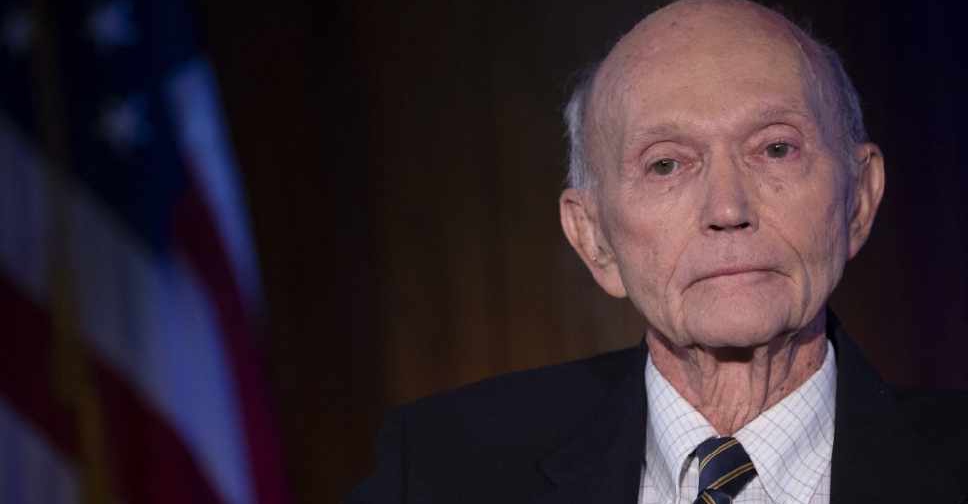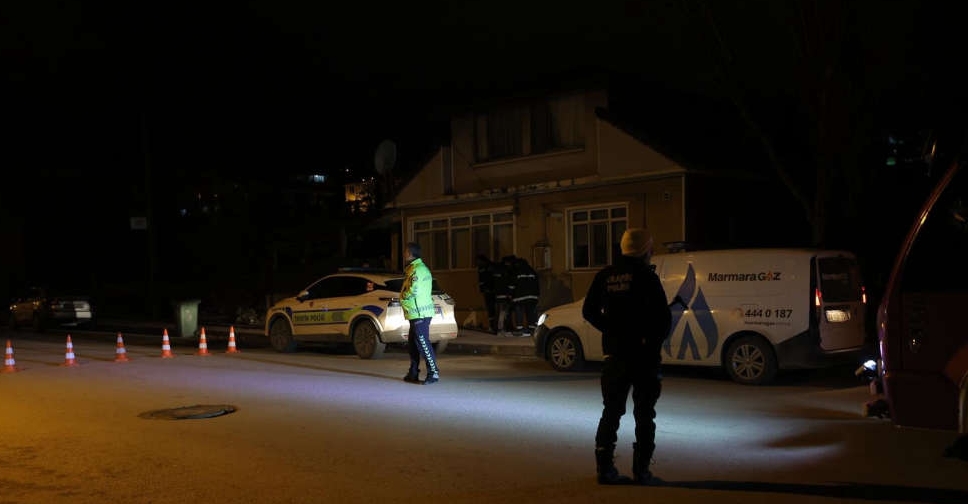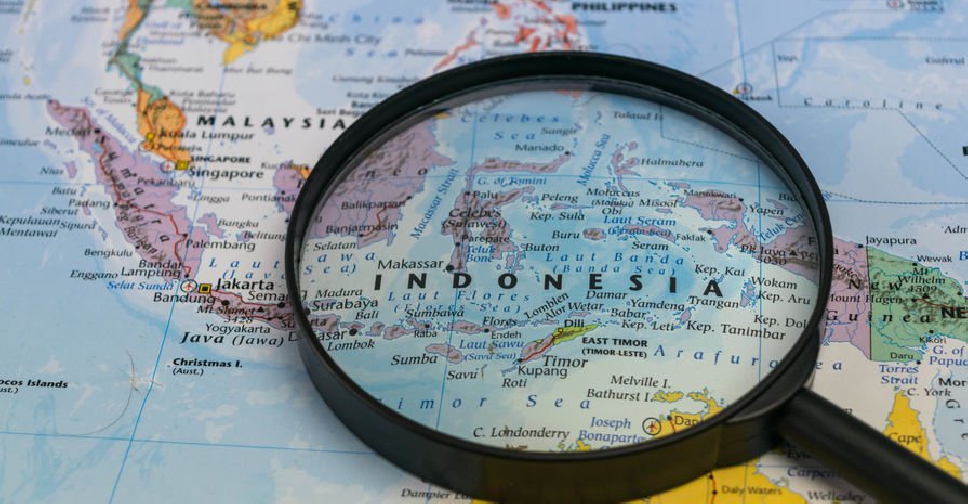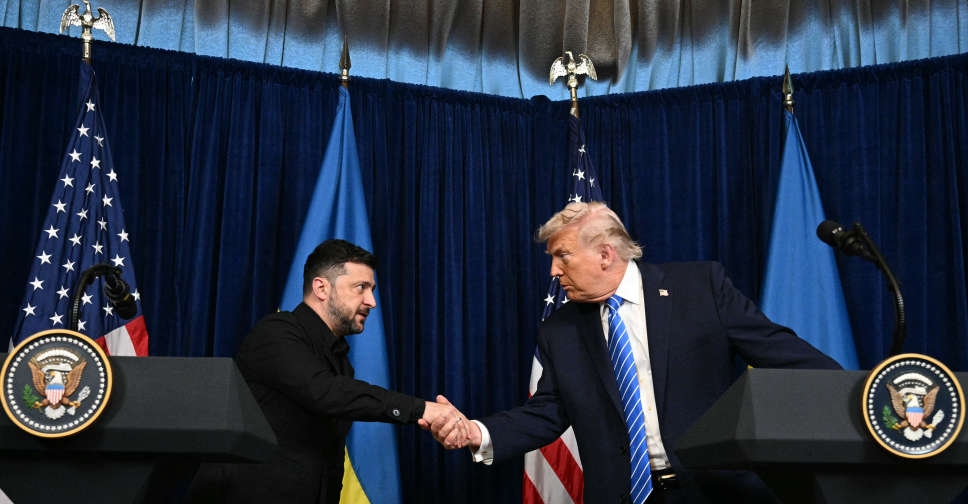
American astronaut Michael Collins, who as pilot of the Apollo 11 command module stayed behind as Neil Armstrong and Buzz Aldrin made the historic 1969 moon landing, has died at age 90.
A statement released by his family said Collins died of cancer.
Often described as the "forgotten" third astronaut on the historic mission, Collins remained alone in the command module for more than 21 hours until his two fellow astronauts returned in the lunar module.
He lost contact with mission control in Houston each time the spacecraft circled the dark side of the moon.
"Not since Adam has any human known such solitude as Mike Collins," the mission log said.
Collins wrote an account of his experiences in his 1974 autobiography, "Carrying the Fire," but largely shunned publicity.
"I know that I would be a liar or a fool if I said that I have the best of the three Apollo 11 seats, but I can say with truth and equanimity that I am perfectly satisfied with the one I have," Collins said in comments released by NASA in 2009.
Acting NASA Administrator Steve Jurczyk on Wednesday hailed Collins as "a true pioneer."
"NASA mourns the loss of this accomplished pilot and astronaut, a friend of all who seek to push the envelope of human potential. ... His spirit will go with us as we venture toward farther horizons," Jurczyk said in a statement.
Writing on Twitter, Aldrin paid tribute to Collins, saying, "Dear Mike, Wherever you have been or will be, you will always have the Fire to Carry us deftly to new heights and to the future."
Collins was born in Rome on October 31, 1930 - the same year as both Armstrong, who died in 2012, and Aldrin.
He was the son of a US Army major general and, like his father, attended the US Military Academy at West Point, New York, graduating in 1952.
Like many of the first generation of American astronauts, Collins started out as an Air Force test pilot.
In 1963, he was chosen by NASA for its astronaut program, still in its early days but ramping up quickly at the height of the Cold War as the United States sought to push ahead of the Soviet Union and fulfill President John F. Kennedy's pledge of landing a man on the moon by the end of the decade.
Collins' first voyage into space came in July 1966 as pilot on Gemini X, part of the missions that prepared NASA's Apollo program. The Gemini X mission carried out a successful docking with a separate target vehicle.
His second, and final, spaceflight was the historic Apollo 11.
He avoided much of the media fanfare that greeted the astronauts on their return to Earth, and was later often critical of the cult of celebrity.
After a short stint in government, Collins became director of the National Air and Space Museum, stepping down in 1978. He was also the author of a number of space-related books.
His strongest memory from Apollo 11, he said, was looking back at the Earth, which he said seemed "fragile."
"I really believe that if the political leaders of the world could see their planet from a distance of 100,000 miles, their outlook could be fundamentally changed. That all-important border would be invisible, that noisy argument silenced," he said.




 Thailand and Cambodia agree to 'consolidate ceasefire' in China talks
Thailand and Cambodia agree to 'consolidate ceasefire' in China talks
 Three Turkish police, six ISIS members killed in clash
Three Turkish police, six ISIS members killed in clash
 Indonesia fire kills 16 people in retirement home
Indonesia fire kills 16 people in retirement home
 Trump says US and Ukraine 'a lot closer' on peace deal but 'thorny issues' remain
Trump says US and Ukraine 'a lot closer' on peace deal but 'thorny issues' remain
 China launches war games around Taiwan as island vows to defend democracy
China launches war games around Taiwan as island vows to defend democracy






